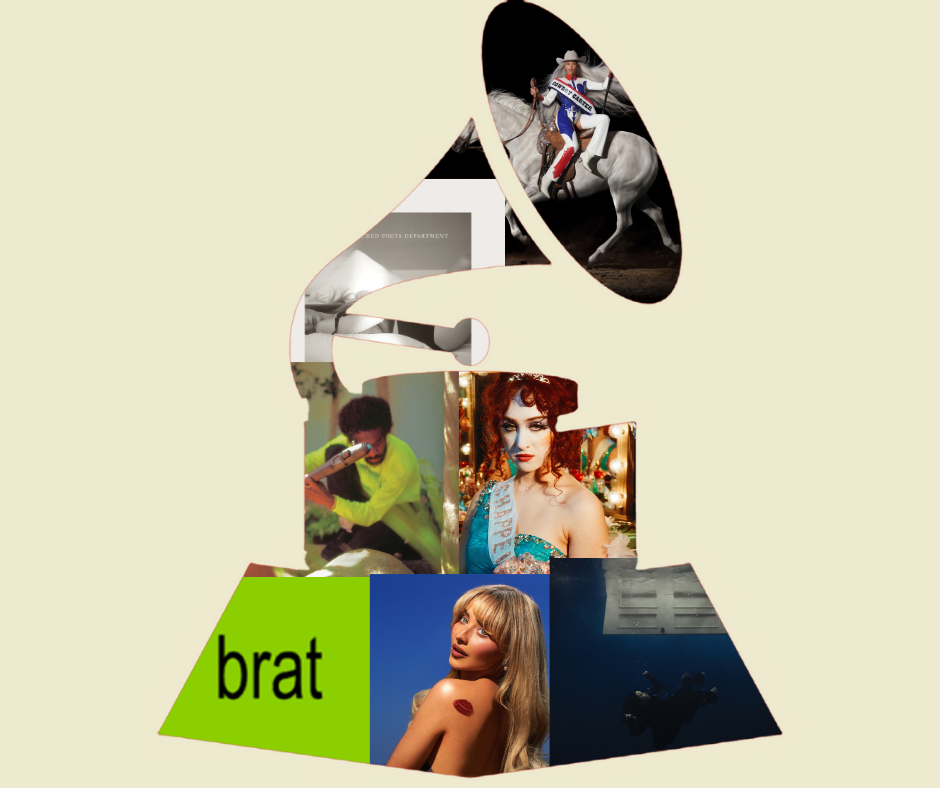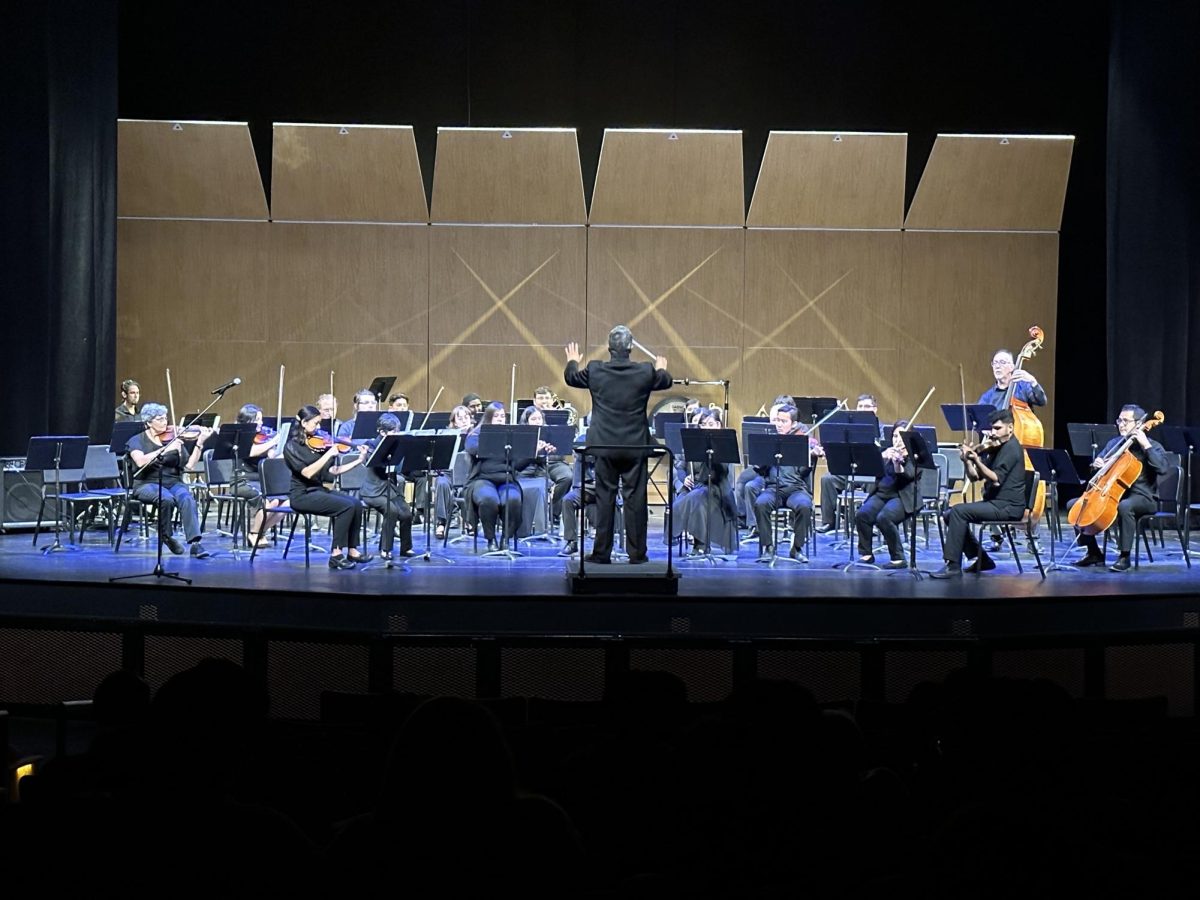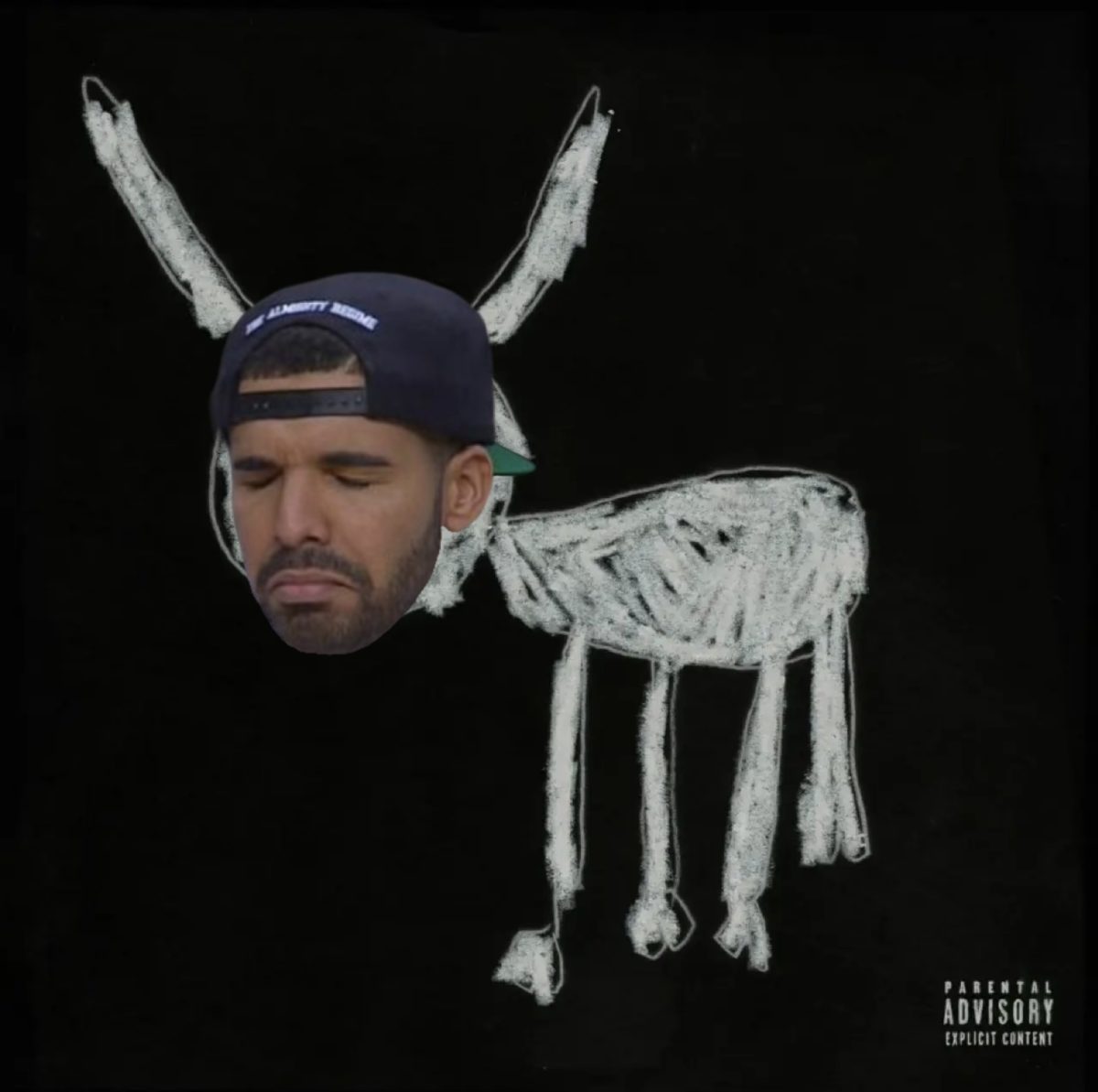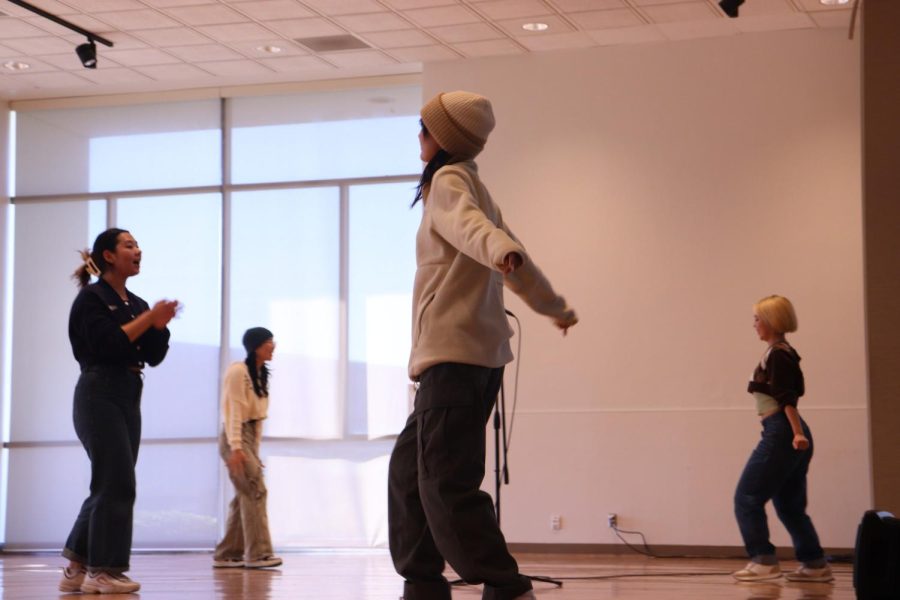It takes a heavy, indie-loving heart to admit that, although Vampire Weekend’s “Father of the Bride” has a variety of decent songs, the album overall is not that interesting.
FOTB was released on May 3, six years since the band’s last album Modern Vampires of the City which included hits such as “Diane Young” and “Hannah Hunt.”
While previous albums had clear messages and lots of replay value, this new era of Vampire Weekend raises one question: what is the point of “Father of the Bride?”
The title, itself, alludes to marriage and carries lots of potential meanings. Being a “father of the bride” comes with feelings of love, protection, and having to eventually let something go so that it can move on and live out its own life.
The first song “Hold You Now” featuring HAIM’s Danielle Haim supports this theme of marriage and takes a new country-style approach to almost introduce the rest of the album.
Other songs such as “Married in a Gold Rush” and “We Belong Together” carried on in a similar fashion.
Since the group’s lead singer Ezra Koenig is an actual parent with his partner Rashida Jones, an indie album about a father’s love for their child would make sense. In fact, it’d be celebrated.
However, everything else about this album does not follow the theme.
Using an illustrated graphic of the Earth as the cover, Vampire Weekend apparently wanted to make a statement about the state of our planet and world peace. This move felt more like the group was following a trend than being genuine and original.
Other than the album’s fifth song “Big Blue,” there was no real connection to Earth felt. In fact, the listener will feel closer to the wedding theme than this supposed main theme.
To be fair, the album does have some decent songs that carry the original Vampire Weekend sound.
On Spotify, four out of five of the band’s most popular songs come from FOTB: “Harmony Hall”; “This Life” “Sunflower”, which features Steve Lacy; and “Sympathy.”
These songs, though, just don’t have the same impact as some of Vampire Weekend’s old material.
As an album, too, FOTB fails to support itself as a completed whole and instead feels more like a random collection of songs put together by an indie fan getting ready for a long drive.
Will this album still be listened to? Of course, because Vampire Weekend is still a talented group and FOTB is decent enough to be used as background music.
Hopefully, the group will return soon with the same genuine, fun indie energy they had before. Until then, this album will have to do.















